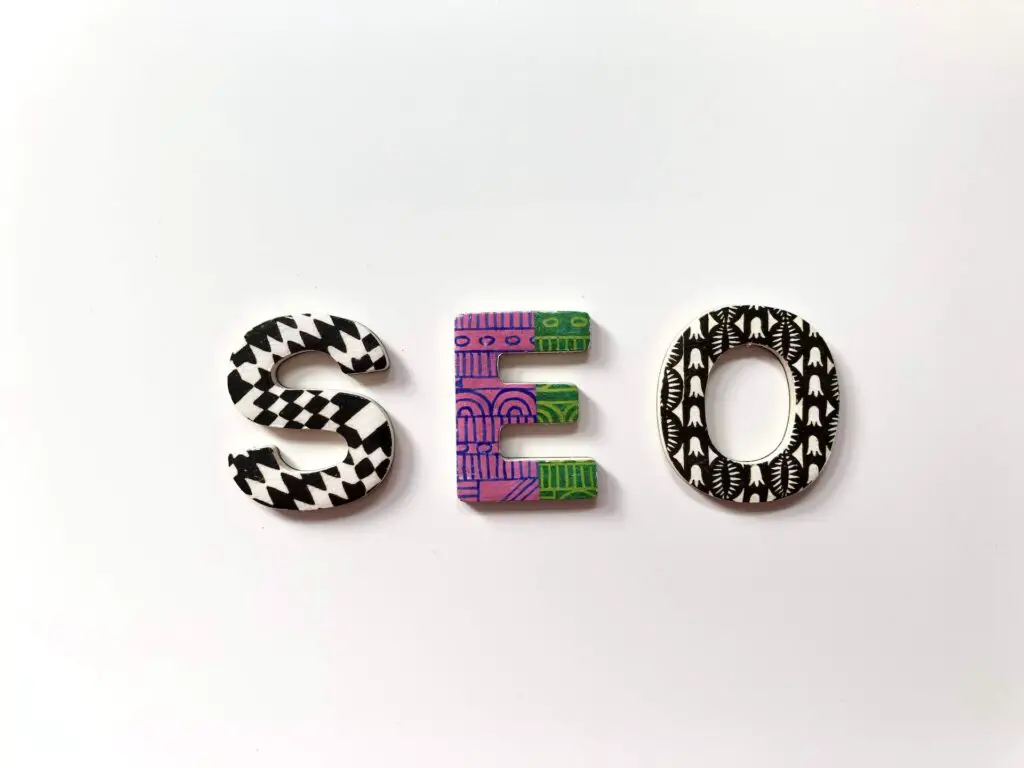On-page SEO refers to optimizations made directly on a website page to improve its rankings in search engines. For e-commerce sites, strong on-page SEO is crucial for driving qualified traffic and conversions. Here are some of the most important on-page SEO tips for e-commerce sites.

Use Relevant Keywords
Keyword research should form the foundation of your on-page SEO strategy. Identify keywords that are relevant to your products and services, as well as ones commonly used in search queries by your target customers. Be sure to incorporate these keywords naturally into page titles, headers, content, alt text, etc. But avoid over-optimization as this could get your site penalized by search engines.
Optimize Page Titles
Page titles appear on search engine results pages (SERPs), so that’s the first touchpoint for grabbing a searcher’s attention. Effective titles should be concise (less than 60 characters), prominently feature your most important keywords, and create user interest. Include your brand name and provide a good description of what the page is about.
Improve Site Architecture
E-commerce sites should follow a well-structured information architecture and site hierarchy. Product pages should have clear menu paths and category associations. Use descriptive sub-directories and URLs with primary keywords. This helps search engines understand your site better. Avoid duplicate or thin content across pages.
Enhance Page Speed
Site speed has become a ranking factor for Google and Bing. Fast loading pages result in lower bounce rates and better conversions too. Use caching plugins, enable compression, optimize images, minimize redirects, and other such technical measures to improve page load times. Faster sites get crawled more efficiently by search engine bots.
Provide Quality Content
Product descriptions, guides, blogs – quality content goes a long way in ranking well and keeping visitors engaged. Well-written, relevant and useful content establishes you as an authority in your space and gets more internal links too. Optimize your content with keywords but avoid keyword stuffing. Update old content periodically for better results.
Leverage Multimedia
Product images, videos and infographics make for great supporting content to complement your textual content. Ensure all media files have optimized file names, alt text and captions featuring relevant target keywords. Videos can help pages rank for multiple keyword variations.
Fix Technical SEO Issues
Many sites unknowingly carry basic technical issues that hamper SEO. Some common examples include broken links, crawl errors, missing meta descriptions, duplicate content, etc. Set up proper 301 redirects. Eliminate JS/CSS errors through good code quality. Review site errors frequently and fix technical flaws.
Work with an Expert
Once you have covered all the main SEO fixes to boost traffic, it’s worth working with an SEO expert, to fix anything you may have missed. For example, an agency like Renaissance can help you improve SEO for your Shopify store, which will help increase traffic.
The above covers the most vital on-page optimization areas for e-commerce SEO success. Pay attention to these SEO basics first before exploring advanced tactics. Design your pages not just for search engines but also for providing users the best experience. That is sustainable long term SEO. With a well-optimized site structure, quality content and technical soundness in place, your e-commerce SEO results are sure to improve significantly.









0 Comments